“Ethical behavior is doing the right thing
when no one else is watching
– even when doing the wrong thing is legal.”
Aldo Leopold, 1887-1948
Ecologist & author of A Sand County Almanac
“ 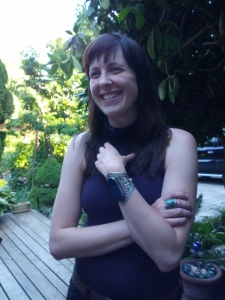 My interest in the outdoors started when I was horseback riding as a child,” says Brooke Hall, now a Naturalist teaching children survival skills, ethnobotany, bird language, primitive crafts and wildlife tracking.
My interest in the outdoors started when I was horseback riding as a child,” says Brooke Hall, now a Naturalist teaching children survival skills, ethnobotany, bird language, primitive crafts and wildlife tracking.
“Some of my favorite memories of riding are through fields outside of San Antonio–finding a swarm of bees in a tree, or encountering a rattle snake on a road. In New Hampshire, I remember being bundled up on chilly fall days, following trails amongst the colorful fall trees.”
Brooke says she did lots of exploring and loved being outside with the horses and all of the hard physical work that went along with the sport. “I loved being covered in hay, dirt, horse hair, and sweat.”
Though her parents aren’t outdoorsy types, they supported their only child to do what she loved.
Riding taught her how to jump into things and not be afraid to get dirty.
“I probably wouldn’t have had the courage to cover myself in mud and crawl around on the forest floor practicing native scout skills this year if I hadn’t had those early experiences.”
Brooke spent nine months as a student in the Wilderness Awareness School’s Anake Outdoor School–about 30 miles northeast of Seattle. She learned to track wolves, build fire from friction Continue reading “Brooke Hall’s Leap Into the Wilderness”
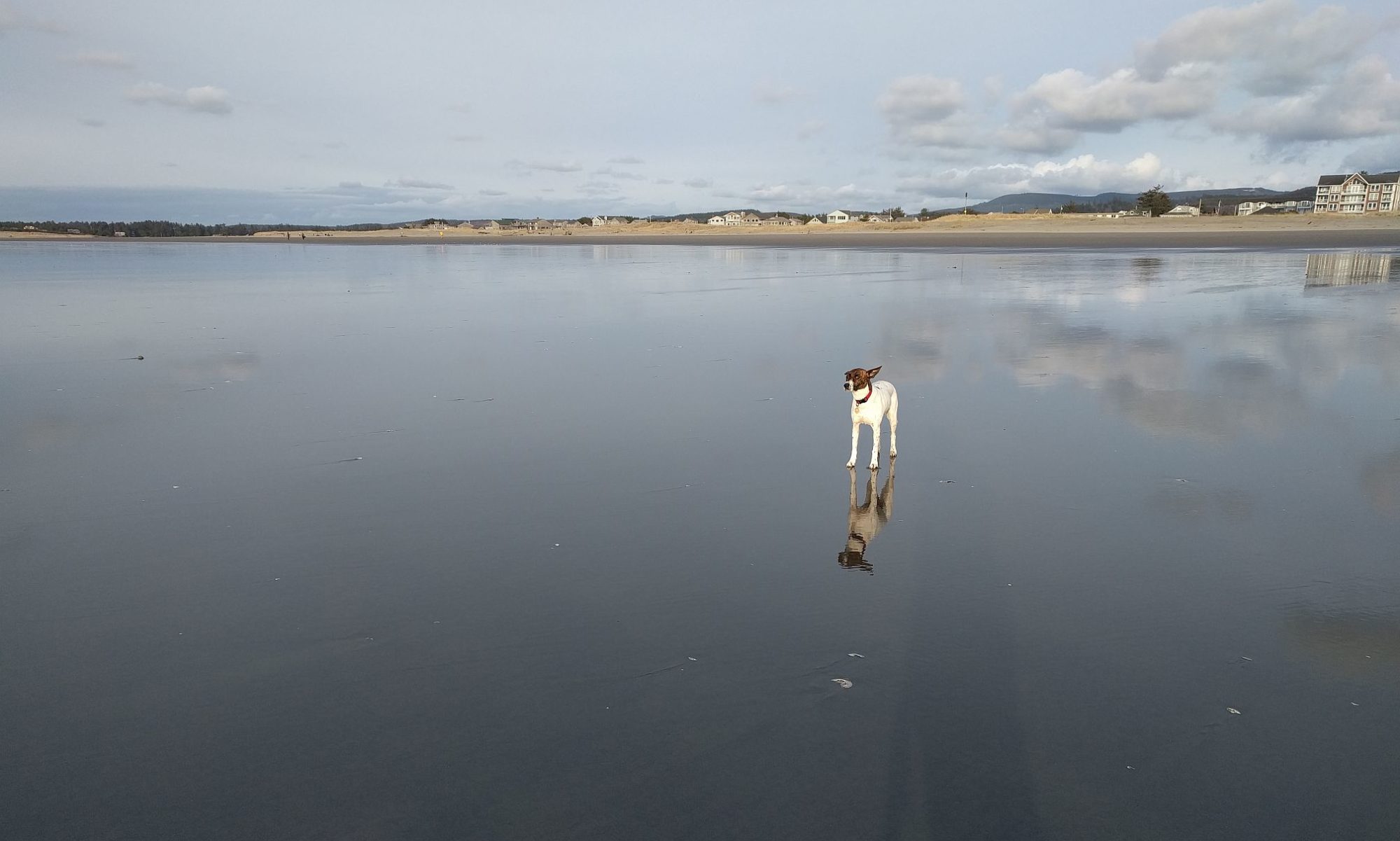
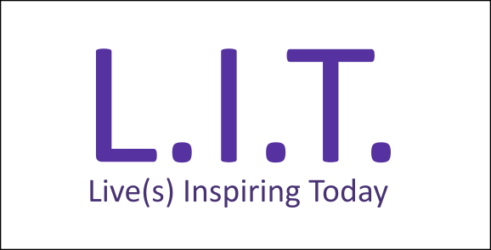
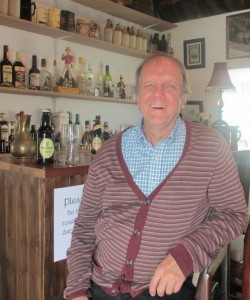
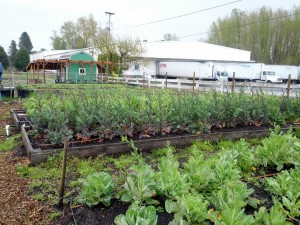

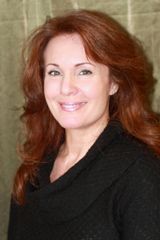

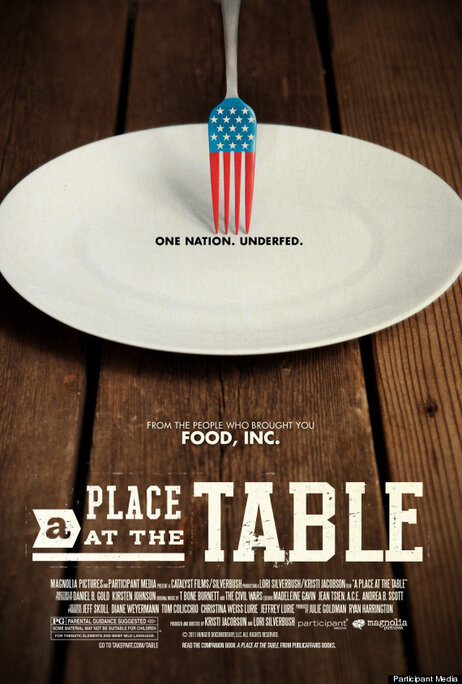 Let us be united
Let us be united